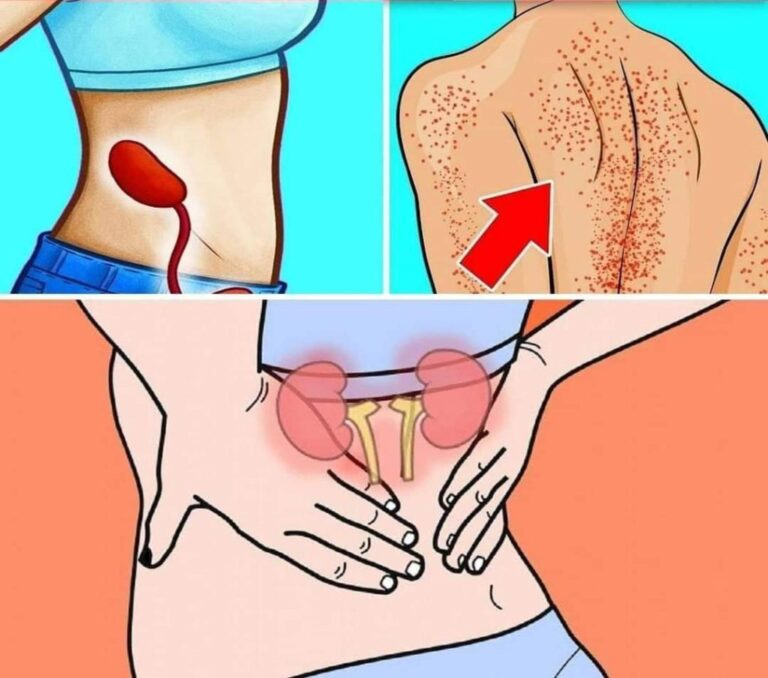ADVERTISEMENT
– **Why it happens**: Kidney dysfunction can affect the way your body processes fluids. In some cases, damaged kidneys might struggle to produce adequate urine, while in others, you may experience an overproduction due to poor filtration.
4. **Foamy or Dark-Colored Urine**
– **What it is**: Urine that appears frothy or dark brown may indicate a problem.
– **Why it happens**: The presence of excessive protein in the urine (proteinuria) can cause foamy urine, often a sign of kidney damage. Dark urine may signal the presence of blood or waste that the kidneys can’t filter effectively.
—
If you’re noticing any of these symptoms, it’s important to consult a healthcare provider. Kidney issues can range from mild to severe, so early detection is crucial. Keep an eye out for more symptoms as they may help identify kidney problems sooner.
ADVERTISEMENT
ADVERTISEMENT
